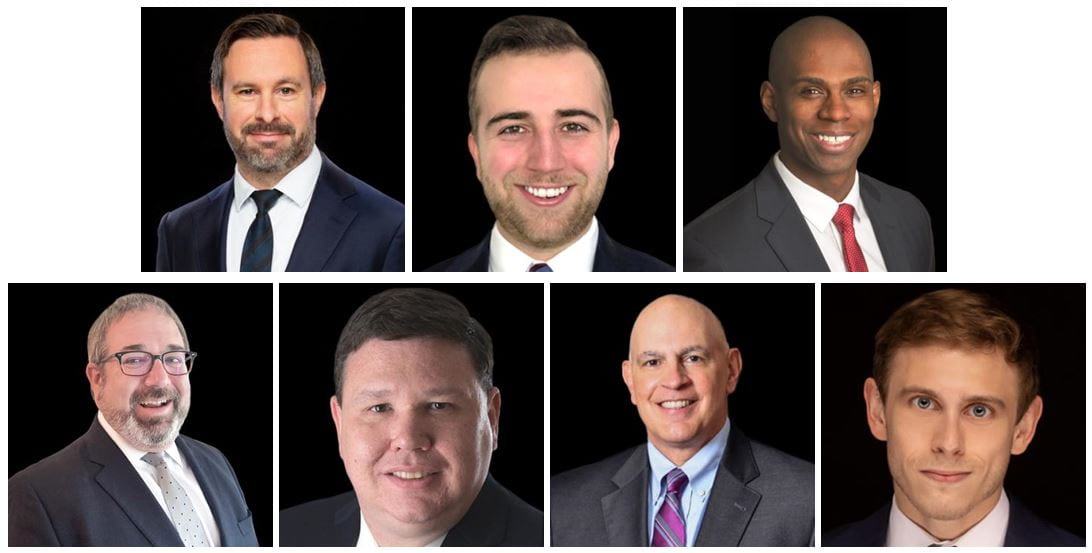by

From left to right: Bradford Hardin, K.C. Halm, Aisha Smith, and Matt Jedreski (photos courtesy of David Wright Tremaine LLP)
DOJ, FTC, CFPB, and EEOC Announce Joint Commitment to Use Existing Consumer Protection and Employment Authority to Oversee Use of Artificial Intelligence
On April 25, 2023, the Federal Trade Commission (FTC), the Civil Rights Division of the U.S. Department of Justice (DOJ), the Consumer Financial Protection Bureau (CFPB), and the U.S. Equal Employment Opportunity Commission (EEOC) released a joint statement highlighting their commitment to “vigorously use [their] collective authorities to protect individuals” with respect to artificial intelligence and automated systems (AI), which have the potential to negatively impact civil rights, fair competition, consumer protection, and equal opportunity. These regulators intend to use their existing authority to enforce consumer protection and employment laws, which apply regardless of the technology used for making decisions or delivering products and services. The joint statement outlines several key areas of focus for the agencies – ensuring that AI does not result in discriminatory outcomes, protecting consumers from unfair, deceptive, or abusive acts or practices (UDAAP), preventing anticompetitive practices that may be facilitated or exacerbated by AI, and promoting responsible and transparent development of AI systems. Rather than operate as if AI is unregulated, businesses should ensure their use of AI complies with existing laws and regulations.









